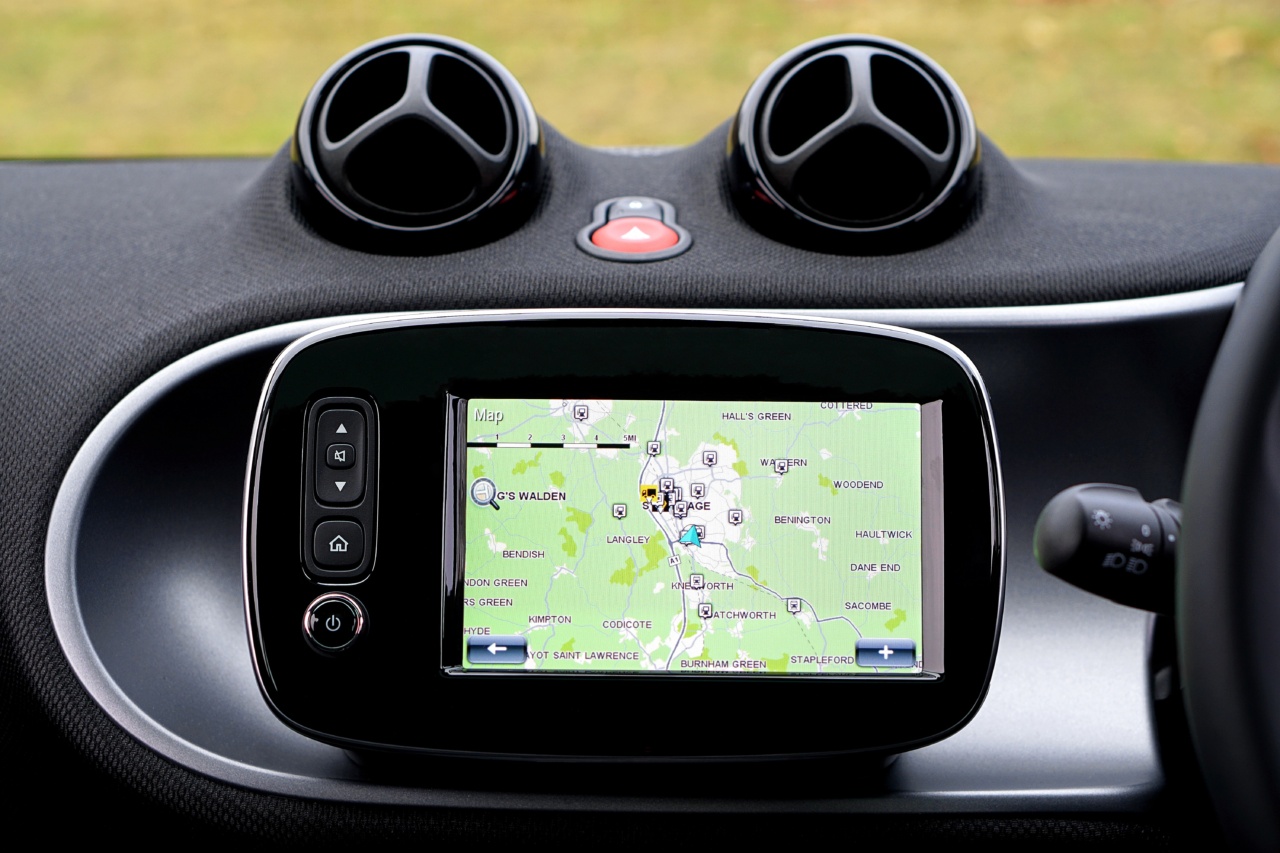Alzheimer’s disease, a neurological disorder, is the most common cause of dementia. It primarily affects older adults, causing a progressive decline in cognitive function and memory.
As the disease progresses, it impacts various aspects of the brain, including the navigation system. In this article, we will explore how Alzheimer’s disease affects the navigation system of the brain and its consequences on individuals.
The Hippocampus: The Brain’s Navigation Center
The hippocampus, a small region located deep within the brain, plays a vital role in spatial navigation and memory formation.
It acts as the brain’s navigation center and helps in creating maps, processing spatial information, and storing memories related to locations and routes.
Early Signs of Navigation Difficulties in Alzheimer’s
In the early stages of Alzheimer’s disease, individuals may begin experiencing difficulties in navigation. They may struggle to follow directions, get lost in familiar places, or have trouble recognizing landmarks.
These difficulties arise due to the progressive damage to the hippocampus and other brain regions involved in navigation.
The Role of Neuronal Degeneration
Alzheimer’s disease is characterized by the formation of abnormal protein structures called amyloid plaques and tau tangles in the brain.
These plaques and tangles lead to the degeneration of neurons, causing the disruption of communication networks within the brain, including those responsible for navigation.
Effects of Alzheimer’s on Spatial Orientation
One of the significant impacts of Alzheimer’s disease on the navigation system is the deterioration of spatial orientation. Individuals may struggle to understand their position in relation to their surroundings.
They may lose the ability to judge distances accurately, resulting in difficulties while driving or even walking around their neighborhood.
Disorientation and Wayfinding Challenges
As Alzheimer’s progresses, individuals may experience disorientation even in familiar environments.
They may forget how to navigate through their own homes, struggle to find their way to essential places like the bathroom or bedroom, and lose track of commonly used objects. These challenges can significantly impact their independence and safety.
Impaired Spatial Memory
Alzheimer’s disease also impairs spatial memory, which involves the ability to remember and recall specific locations or routes. Individuals may find it challenging to remember familiar routes or landmarks while traveling.
They may get lost easily, even in places they have visited numerous times before.
Impact on the Sense of Direction
The sense of direction is closely related to the navigation system of the brain. Alzheimer’s disease can disrupt this sense, making it difficult for individuals to perceive and follow directions accurately.
They may struggle with left-right orientation, become disoriented in unfamiliar environments, and face challenges while reading maps or following GPS instructions.
Contributing Factors to Navigation Decline
Several factors contribute to the decline in navigation abilities in individuals with Alzheimer’s disease. Neuronal degeneration, as mentioned earlier, plays a significant role.
Additionally, the loss of spatial awareness and the inability to integrate various sensory cues also contribute to navigation difficulties.
Strategies to Support Navigation in Alzheimer’s
While the deterioration of the navigation system in Alzheimer’s disease is inevitable, there are strategies that can help support individuals with their navigational challenges.
Creating a familiar environment, using visual cues like colored signs or pictures, and establishing routines can provide a sense of familiarity and aid navigation. Additionally, the use of assistive technologies like GPS systems tailored for individuals with Alzheimer’s can also be beneficial.
The Emotional Impact of Navigation Difficulties
The consequences of navigation difficulties go beyond the physical challenges. Alzheimer’s disease can cause frustration, anxiety, and a loss of confidence in individuals who struggle to navigate their surroundings.
It is essential to provide emotional support, create safe environments, and promote understanding to help preserve the dignity and well-being of those affected.
Seeking Professional Help
If you or someone you know is experiencing progressive navigation difficulties and memory loss, it is crucial to seek professional help.
A healthcare provider can conduct a comprehensive evaluation, provide an accurate diagnosis, and suggest appropriate management strategies to help cope with Alzheimer’s disease.
Conclusion
Alzheimer’s disease significantly impacts the navigation system of the brain, causing difficulties in spatial orientation, wayfinding, and spatial memory.
The degeneration of neurons and the disruption of communication networks within the brain contribute to these challenges. By understanding these effects and implementing supportive strategies, we can improve the quality of life for individuals living with Alzheimer’s disease.






























